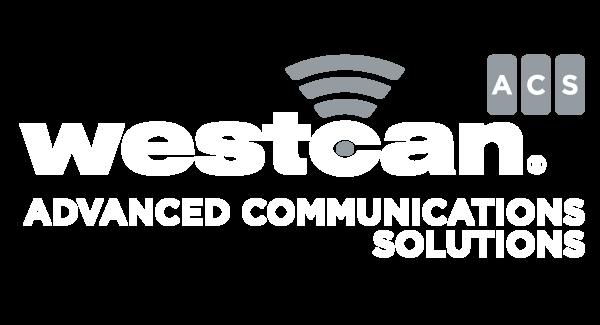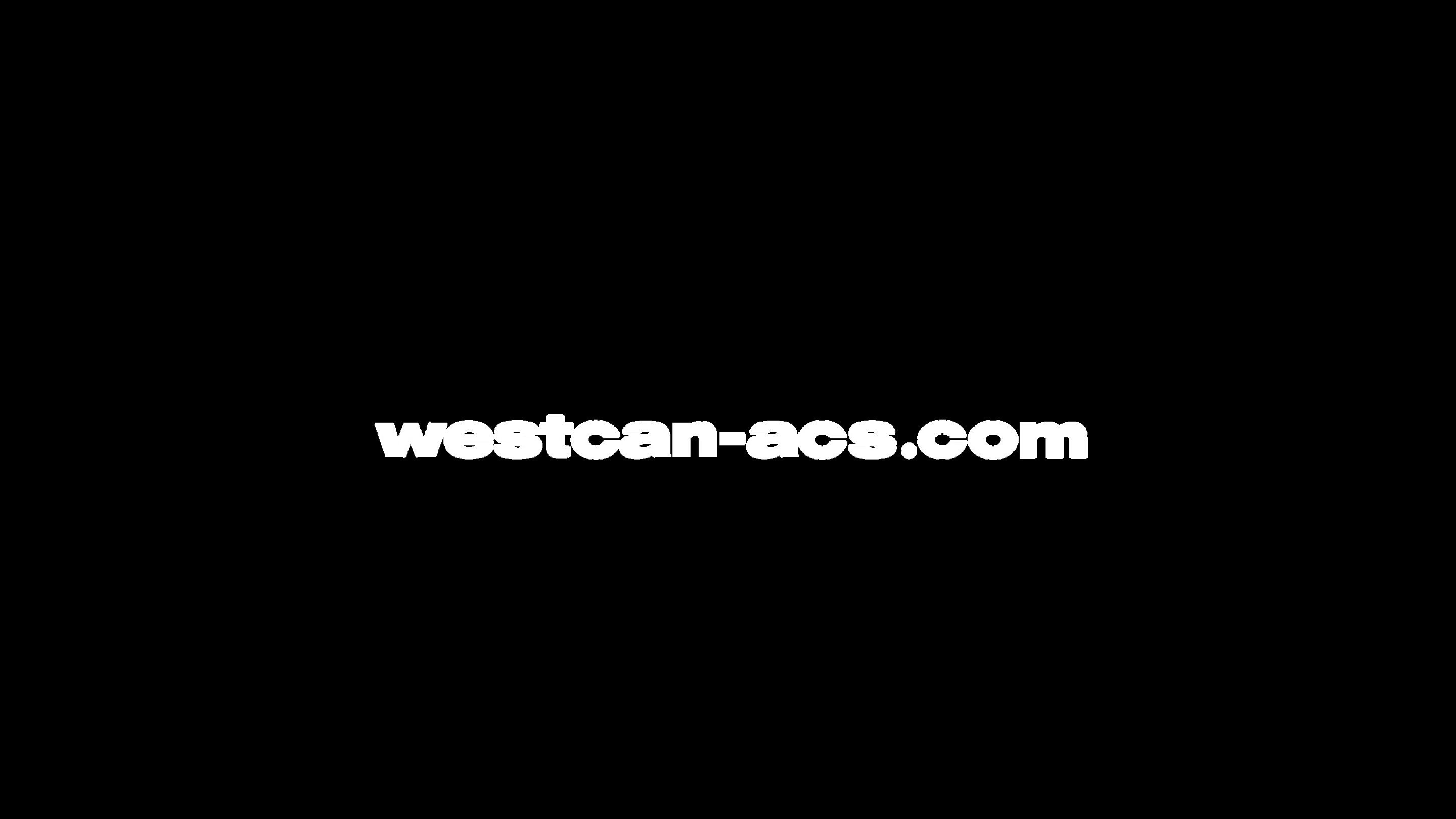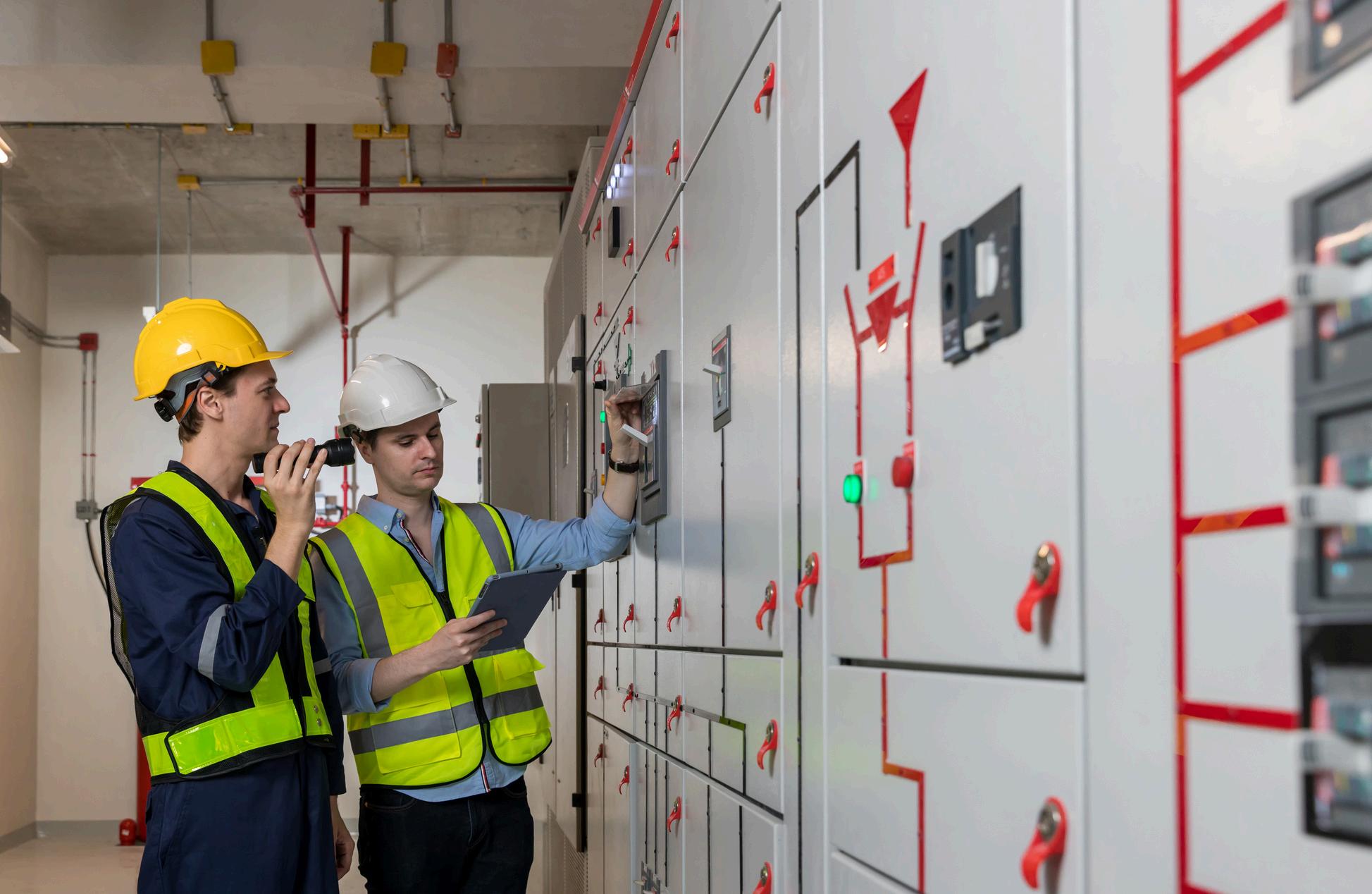







KEEPING YOU CONNECTED NO MATTER WHERE YOUR OPERATIONS TAKE YOU
Supervisory Control and Data Acquisition (SCADA) systems are critical for modern industrial operations, particularly in sectors like utilities, oil and gas, and manufacturing. These systems allow for remote monitoring and control of processes, ensuring smooth and safe operations across geographically dispersed sites.

One of the essential components of a SCADA system is its communication infrastructure, where radios play a pivotal role. Industrial SCADA radios connect sensors, controllers, and operators over vast distances, enabling real-time data transmission and control
As industries evolve and new technologies emerge, maintaining compatibility between legacy systems and modern infrastructures becomes crucial This is where Westcan ACS steps in, offering backward compatibility and seamless migration to new radio systems.

Industries across various sectors have relied on SCADA systems for decades to monitor and control critical operations. These legacy systems, often built on outdated communication technologies, still serve as the backbone of many industrial operations.
However, as technology evolves, the limitations of these older systems become apparent. Legacy SCADA radio systems, while reliable, can struggle to integrate with modern digital solutions, leading to inefficiencies, increased maintenance costs, and potential vulnerabilities.
Aging Infrastructure: Many legacy SCADA radio systems were designed during an era when industrial communication needs were simpler and data requirements were far less demanding. These systems often operate on older radio frequency bands, have limited data capacity, and may lack the ability to support new features such as real-time monitoring, advanced diagnostics, and remote configuration. Additionally, as manufacturers discontinue support for older equipment, obtaining replacement parts and technical expertise can become increasingly difficult.
Compatibility Issues: Integrating new equipment into a legacy SCADA system is not always straightforward. Different communication protocols, frequencies, and hardware architectures can lead to compatibility issues that require complex workarounds. Without careful planning, these compatibility challenges can result in unreliable performance, communication gaps, or even system failures.
Security Vulnerabilities: Many legacy SCADA systems were designed before cybersecurity became a significant concern As a result, they may lack modern encryption and authentication features, making them vulnerable to cyberattacks This poses a serious risk, especially in industries like utilities and oil and gas, where system breaches could have catastrophic consequences.
Limited Scalability: Legacy systems often struggle to scale to meet the demands of growing operations. As companies expand their geographic footprint or increase automation, the need for more extensive and robust communication networks becomes critical. Unfortunately, older SCADA radios may not have the capacity to handle these increased demands, leading to communication bottlenecks and operational inefficiencies.


Westcan has successfully implemented backward compatibility solutions for various clients, enabling them to extend the life of legacy SCADA systems while integrating new technologies
Backward compatibility ensures that new technologies can communicate effectively with older systems, allowing companies to gradually upgrade their infrastructure without disrupting ongoing operations. In many cases, companies have made significant investments in their existing SCADA radio systems, so the goal is to extend the life of that infrastructure while introducing more advanced capabilities.
Westcan specializes in helping industries achieve backward compatibility between legacy SCADA radios and modern communication systems. By implementing customized solutions, we ensure that your legacy equipment continues to function alongside new technologies, allowing for a phased transition rather than an abrupt overhaul.


Optimizing Communication Networks: Precision Path Studies for Reliable SCADA Radio Connectivity
Path studies are a crucial element in the design and deployment of SCADA radio systems, especially in challenging environments such as remote industrial sites or rugged terrain These studies involve detailed analysis of the radio signal propagation to ensure that communication between devices remains strong and reliable.
Westcan’s team of experts conducts comprehensive path studies that take into account various environmental factors, including topography, weather conditions, and potential obstructions. By accurately predicting the behavior of radio signals, we can design a system that maximizes coverage and minimizes downtime.
Seamless SCADA System Upgrades: Ensuring Operational Continuity Through Expert Phased Migration and Ongoing Support
Upgrading a SCADA radio system is a complex process, especially for industries that rely heavily on their communications infrastructure for day-to-day operations. Many companies operate in environments where even a brief disruption in communications can have significant operational or safety impacts. Therefore, a carefully planned migration strategy is essential to ensure a smooth transition from legacy systems to modern radio technologies. Westcan’s phased migration approach focuses on minimizing downtime, ensuring compatibility, and providing continuous support throughout the process.
Understanding the Migration Process: The migration from a legacy SCADA radio system to a modern, digital system typically involves several key steps. These include evaluating the current system, planning the migration strategy, implementing new technologies, and ensuring long-term support. Each phase of the migration must be carefully coordinated to avoid disruptions and to maintain the reliability of the communications network.



A detailed assessment of the existing SCADA infrastructure is the first step. Westcan’s team conducts site surveys and system audits to identify performance limitations, aging hardware, and potential compatibility issues. This ensures that the migration plan addresses all critical areas without disrupting ongoing operations.

Based on the assessment, Westcan develops a tailored migration plan that aligns with the client’s operational needs and budget. We typically use a phased migration approach, introducing new technologies incrementally. This reduces risks, allows for testing, and keeps communication systems functional during the transition.

Westcan carefully integrates modern digital radios and upgrades network infrastructure as part of the phased approach. Our expertise in backward compatibility ensures that new and legacy systems work together smoothly. This gradual implementation allows clients to continue using their existing systems while introducing advanced capabilities.
Before deploying new components, Westcan conducts rigorous testing to ensure that the system performs as expected. This phase helps identify any potential issues, ensuring that the new technology integrates seamlessly with the legacy system and prevents unexpected interruptions.

Westcan provides comprehensive training for client teams, ensuring they are prepared to operate and maintain the new system. Alongside training, we offer ongoing support to resolve issues quickly and keep the system running smoothly after deployment.

After the migration is complete, Westcan provides continuous monitoring and proactive maintenance. This ensures that the new SCADA radio system remains reliable, with regular updates and 24/7 technical support to address any issues that arise.


The world of industrial communication is rapidly evolving, with new technologies like 5G, LTE, and IoT reshaping how industries operate. While the transition from legacy systems to these modern infrastructures is inevitable, Westcan is committed to helping clients future-proof their SCADA communication systems.
By implementing scalable solutions, robust backhaul systems, and comprehensive migration plans, Westcan ensures that your SCADA radios can adapt to future advancements. Whether it's expanding to new sites, adding more devices, or incorporating real-time data analytics, our solutions are designed with long-term growth in mind.
Maintaining and upgrading SCADA radio systems can be complex, but with the right partner, it doesn’t have to be. Westcan offers end-to-end solutions that address the unique challenges of industrial communication. From backhaul compatibility and migration plans to path studies and ongoing support, we ensure that your SCADA radio systems remain efficient, reliable, and ready for the future.
By focusing on compatibility with legacy systems while embracing the latest technological advancements, Westcan empowers industries to maintain their operational efficiency without the stress of navigating complex upgrades on their own.

Westcan Advanced Communications Solutions (Westcan ACS) has been a leader in mission-critical communication systems since 1977, providing tailored wireless communication, SCADA radio, and backhaul solutions to industries across Western Canada.
Specializing in the design, deployment, and maintenance of cutting-edge communication infrastructure, Westcan supports industrial operations in sectors such as utilities, oil and gas, mining, and public safety. With extensive experience in both legacy and modern technologies, Westcan ensures seamless integration, robust connectivity, and future-ready systems for the most demanding environments.
Our commitment to reliability, innovation, and customer-focused service has made us a trusted partner for organizations looking to enhance and secure their communication networks.


